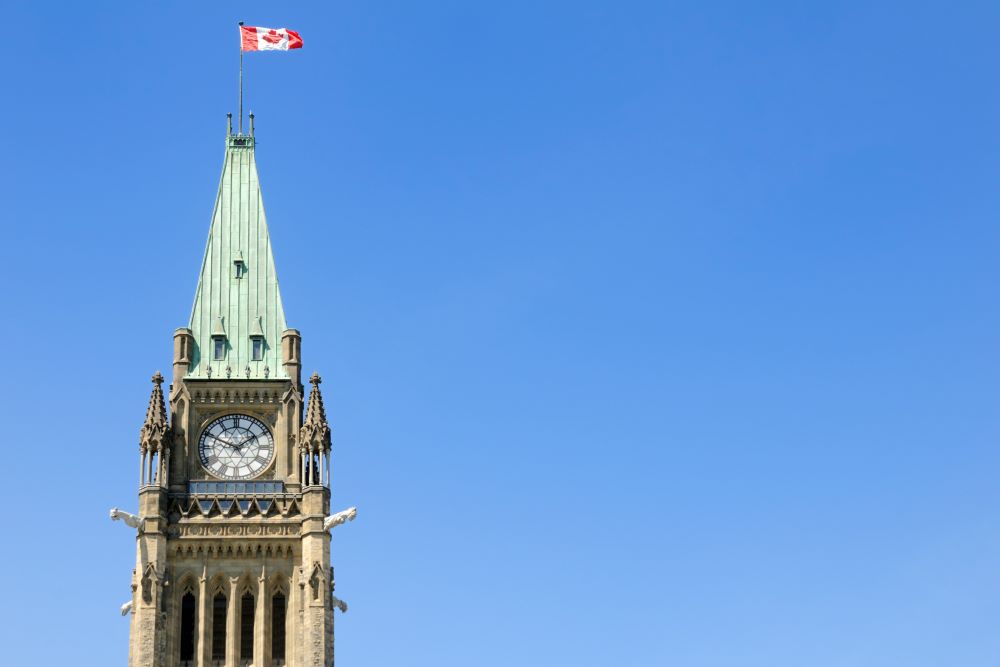Winnipeg, MB – The Prime Minister, Justin Trudeau, has highlighted another step forward with the Budget 2023 investment to protect Canada’s freshwater supply by establishing a new Canada Water Agency.
Located in Winnipeg, Manitoba, the Canada Water Agency will work with provinces, territories, Indigenous Peoples, local authorities, scientists, and other partners to find the best ways to keep our water safe, clean, and well-managed for everyone. As the Prime Minister announced, one of the first priorities of the Agency will be to begin the work of modernizing the Canada Water Act to reflect the changing reality of fresh water in Canada, including the impacts of climate change and the importance of Indigenous rights. As stewards of these lands and waters for millennia, consultation and cooperation with Indigenous Peoples is critical.
Budget 2023 also renews and expands the Freshwater Action Plan, which will support regionally specific measures to further protect Canada’s freshwater reserves across the country – from Lake Winnipeg, to the St. Lawrence River and the Great Lakes, to the Mackenzie River. The Plan will continue to improve water quality and respond to the impacts of climate change, including through monitoring, assessment, and restoration work. The Canada Water Agency will lead the delivery of major elements of the Freshwater Action Plan.
Together, we can help ensure Canadians have clean water for generations to come.
“From supplying our drinking water to being the places we love to spend time in nature, Canadians rely on safe, clean fresh water every day. By establishing the Canada Water Agency, we will work together across levels of government and with Indigenous Peoples, while bringing new, good jobs to Winnipeg. Together, we can keep our water clean now and into the future.” — The Rt. Hon. Justin Trudeau, Prime Minister of Canada
“Whether you farm, fish, paddle, swim or just enjoy a tall glass of cold water, Canada’s freshwater resources help define this country. Leadership on this life-giving natural resource requires inclusion and collaboration, regional responsiveness, and actions on climate change impacts. The Government of Canada listened, and our historic investment is a response to the calls for a strengthened Freshwater Action Plan and the creation of the Canada Water Agency. The benefits of protecting and restoring fresh water in Canada will be felt in the health and well-being of millions of Canadians, our ecosystems, and the economy.” — The Hon. Steven Guilbeault, Minister of Environment and Climate Change
“Canadians are concerned about the impacts of a changing climate on freshwater quality and quantity. In a country as vast as Canada, freshwater management is complex and challenges vary by region. Creating the Canada Water Agency presents a unique opportunity for Canada to work closely with regions, Indigenous Peoples, scientists and communities, among others, to find the best ways to ensure our freshwater is well managed and protected for future generations.” — Terry Duguid, Parliamentary Secretary to the Minister of Environment and Climate Change
Quick Facts
- Since 2017, the Freshwater Action Plan has served as a framework to advance the Government of Canada’s commitment to protect and restore freshwater quality in Canada’s freshwater basins. The renewed and strengthened plan will support the clean up of areas of concern in the Great Lakes, for example.
- The investment of over $750 million highlighted was proposed in Budget 2023 and includes:
- $650 million over 10 years to support monitoring, assessment, and restoration work in major waterbodies across Canada, including in the Great Lakes, Lake Winnipeg, Lake of the Woods, St. Lawrence River, Fraser River, Saint John River, Mackenzie River, and Lake Simcoe;
- $22.6 million over three years to support better coordination of efforts between the Government of Canada, provinces and territories, Indigenous Peoples, and stakeholders to protect fresh water across Canada; and
- $85.1 million over five years and $21 million ongoing thereafter to support the creation of a Canada Water Agency.
- The Freshwater Action Plan includes a $420 million commitment over 10 years to Great Lakes protection efforts, to help to:
- Complete the clean-up of 12 of 14 Canadian Great Lakes Areas of Concern by 2030 and complete clean-up of all Canadian Great Lakes Areas of Concern within 15 years.
- Reduce nutrients entering Lake Erie from Canadian sources by 200+ tonnes annually within 15 years to address the growing problem of harmful algal blooms.
- Establish binational nutrient reduction targets for all Canadian Great Lakes.
- Through the Canada Water Agency public engagement process, more than 2,700 Canadians shared their views on Canada’s most pressing freshwater challenges and the role the Canada Water Agency can play to help sustainably manage fresh water across the country.
- Recognizing the significance of fresh water to Indigenous Peoples and the Government of Canada’s commitment to reconciliation, we have been engaging directly with First Nations, Inuit, and Métis on freshwater challenges and the creation of the Canada Water Agency since 2020.
- More details about the mandate and priorities of the Canada Water Agency will be communicated soon, and legislation will be introduced by the end of 2023 to establish a stand-alone agency under the Minister of Environment and Climate Change.
Associated Links










Excessive nutrient discharge, together with warmer surface temperatures caused by the climate change, has led to the cyanobacterial harmful algal blooms in drinking water sources. High concentrations of MCs in finished drinking water led to a temporary drinking water ban in Toledo, OH, USA. The EPA updated the guidelines for Ohio to include other toxins.
I have been working on the degradation of these compounds using Ozone and Advanced Oxidation Processes; https://doi.org/10.1080/01919512.2020.1793731
I am in the process of putting together a proposal to address the simultaneous removal of these compounds. Unfortunately, Health CAnada do not have resources for support, and the same situation with the University of Windsor, Windsor, ON, where I reside.